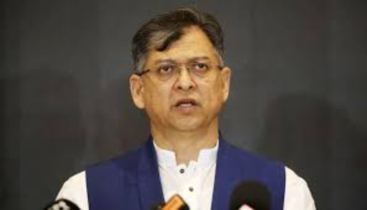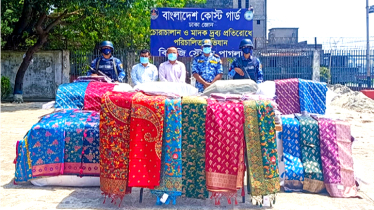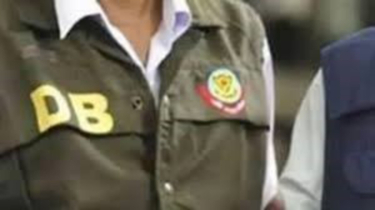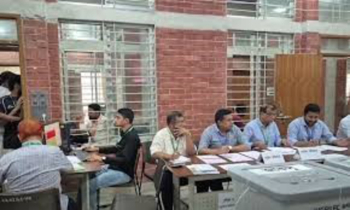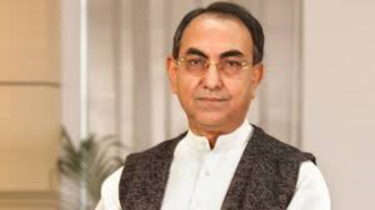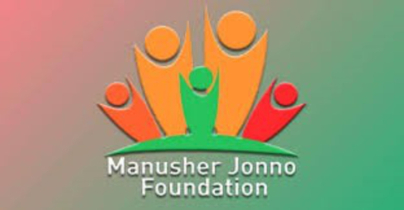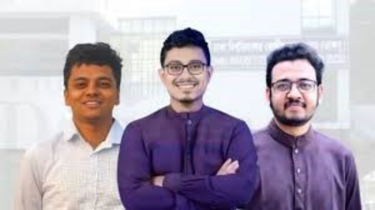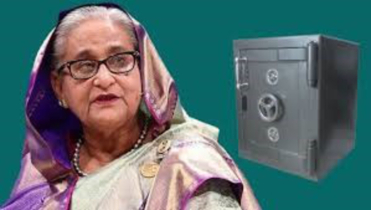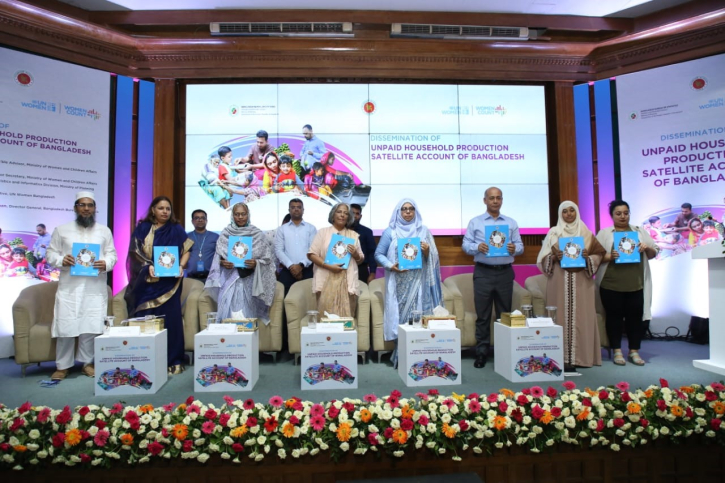
The Bangladesh Bureau of Statistics (BBS) and UN Women Bangladesh, with support from the global Women Count programme and technical assistance from the Asian Development Bank (ADB), today launched the country’s official Household Production Satellite Account (HPSA).
This HPSA measures the economic value of unpaid household and care work in Bangladesh.
Unpaid domestic and care work—such as cooking, cleaning, laundry, household management, and caring for children, older persons, persons with disabilities, and those with health conditions—is a critical yet invisible driver of the economy. Women perform the vast majority of these tasks, which are essential but excluded from conventional economic statistics.
The launch follows a landmark policy commitment in the national budget (2025–26), where the Interim Government pledged to include women’s unpaid labour in national Gross Domestic Product (GDP) calculations.
Drawing on the Time Use Survey 2021 and the Labour Force Survey 2022, the HPSA estimates that unpaid household and care work contributed BDT 6.7 trillion in 2021, equal to 18.9% of GDP. Women accounted for 85% of this contribution.
At the event, Ms. Nubayra Jeheen, Programme Analyst, UN Women Bangladesh, set the context for the report using a care calculator, a tool that allows individuals to measure the time they spend daily on unpaid household and care tasks. Ms. Asma Akhter, Deputy Director, Demography and Health Wing, BBS, presented the key findings of the HPSA report, highlighting the scale of women’s unpaid work and its economic value. According to the HPSA report, women’s contribution in terms of GDP calculation for childcare stands at BDT2.2 trillion, whereas men contribute 343 billion.
Acknowledging this initiative, Hon’ble Adviser of the Ministry of Women and Children Affairs (MoWCA), Ms. Sharmeen S. Murshid said, “Care economy demands a different value system. Evidence and data are critical tools for shifting mindsets, and this takes time. We are already seeing a positive change in economic policy discussions as new data become available. This research will inform gender-responsive policymaking, planning, and budgeting, going forward.”
The report underscores the urgency of recognizing, reducing, and redistributing unpaid care work. It calls for:
Establishing an inter-ministerial mechanism to integrate unpaid work into laws and policies. Prioritizing care in national budget and development strategies.
Engaging the private sector to promote decent care jobs and family-friendly workplace policies.
Ensuring sustained financing and regular data collection on unpaid work. Challenging social norms by engaging men and boys to share care responsibilities.
Present as the Guest of Honor UN Women Representative Ms. Gitanjali Singh said, “The persistent undervaluation of care work reflects deep-rooted gender inequalities and entrenched social norms, leaving women’s contributions largely uncounted in traditional economic measures. Care is not a cost; it’s an investment. As we mark the 30th anniversary of the Beijing Declaration and uphold the spirit of CEDAW and the SDGs, we must reaffirm our commitment to a future where women’s work—paid or unpaid—is fully recognized, valued, and supported for a more just, equitable, and prosperous Bangladesh.”
Ms. Aleya Akter, Secretary, Statistics and Informatics Division, BBS said, “The Time Use survey and HPSA report demonstrate the Government’s commitment to advancing women’s empowerment. Women’s role in unpaid care work must be acknowledged and inform policies and laws.”
Mr. Mahinthan Joseph Mariasingham, Principal Statistician, ADB though a video message shared, “These findings are important because they highlight the scale of women's economic contributions that remain undervalued in official statistics. The estimates can serve as an evidence base to analyze wage gaps, assess investment needs in care services and integrate unpaid household production into policy discussions on gender equality and women's economic empowerment.”
The launch event, held at the BBS, was attended by senior government officials, development partners, and civil society organizations. Ms. Mamtaz Ahmed NDC, Senior Secretary, MoWCA attended as special guest and Mr. Mohammed Mizanur Rahman, Director General, Bangladesh Bureau of Statistics, chaired the programme.
TH

.png)
